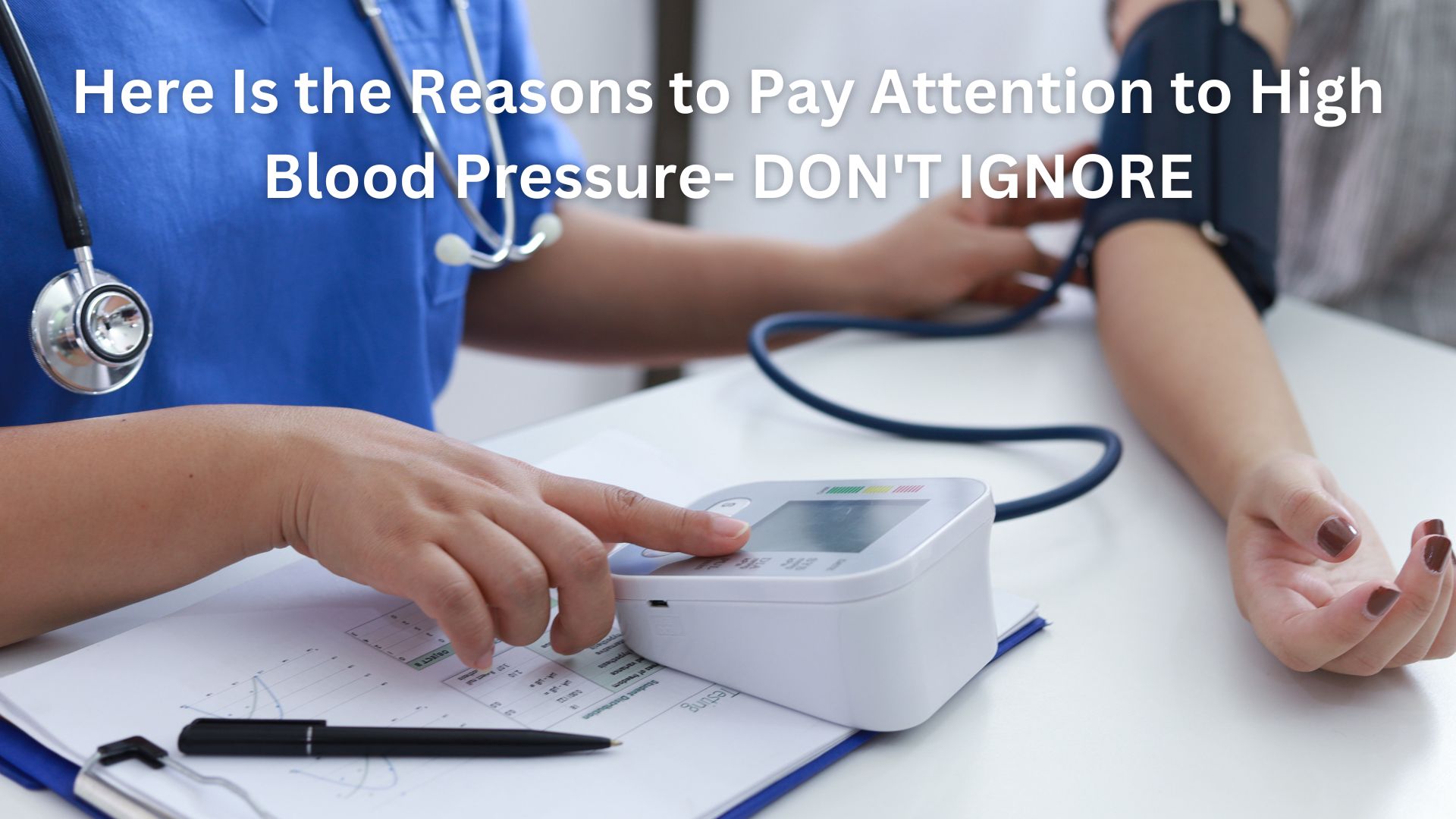
Ignoring hypertension, or high blood pressure, can have detrimental effects on our health and body. It is critical that we routinely check our blood pressure and follow the doctor’s recommendations for managing it with medication, lifestyle modifications, or other interventions as prescribed. It is essential that high blood pressure should be treated as soon as possible because ignoring it can have dangerous and even fatal effects on our overall health and body.
Here are several reasons why one should never ignore high blood pressure:
- Increased pressure on blood vessels: High blood pressure exerts excessive pressure on blood vessel walls throughout the body. Over time, this continuous pressure can lead to the deterioration of smaller blood vessels and arteries, increasing their susceptibility to rupture.
- Elevated risk of heart disease: High blood pressure overworks the heart and arteries, raising the risk of heart disease, heart attacks, and heart failure, among other cardiovascular disorders.
- High risk during pregnancy: High blood pressure during pregnancy can lead to concerns such as preterm birth, low birth weight, and damage to the mother’s organs.
- High risk of stroke: Hypertension is a major risk factor for stroke as it can damage blood vessels in the brain, leading to the formation of clots or vessel ruptures that may result in a stroke.
- Vision problems: Hypertension can damage blood vessels in the eyes, leading to visual issues or even blindness. It can exacerbate conditions like optic nerve degeneration or hypertensive retinopathy.
- Damage to the kidney: Chronic hypertension can affect kidney function over time, potentially leading to kidney disease or failure, which may require dialysis or a kidney transplant.
- Peripheral artery disease: High blood pressure contributes to the hardening and narrowing of arteries in the limbs, reducing blood flow to the legs and feet. This condition, known as peripheral artery disease, can cause pain, cramps, and difficulty walking, and in severe cases, tissue damage.
- Dementia or cognitive decline: Long-term hypertension is linked to a higher risk of dementia and cognitive decline in later life. Elevated blood pressure can damage cerebral blood vessels, leading to decreased blood supply and increased susceptibility to diseases like Alzheimer’s and vascular dementia.
- Aneurysm: Persistent high blood pressure weakens blood vessel walls, increasing the risk of aneurysm development. Aneurysms are abnormal blood vessel wall bulges or swelling that can rupture, leading to internal bleeding and potentially fatal consequences.
Taking proactive steps to manage and treat high blood pressure is essential for maintaining overall health and reducing the risk of serious complications.
Also Read
From Lowering Cholesterol to Regulating Blood Sugar: The Health Advantages of the Moringa Tree
